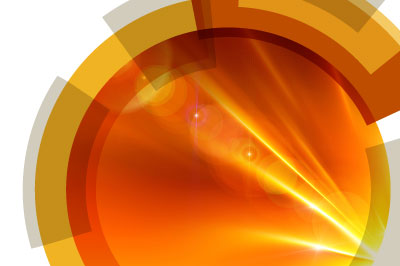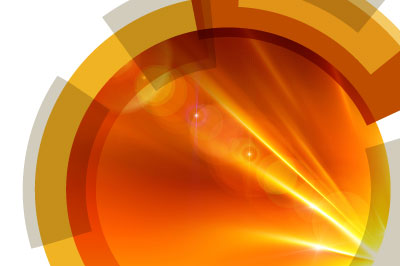Welcome
Join us in Cambridge, UK in March 2019 for this addition to our Faraday Discussion series. For over 100 years and 300 meetings, Faraday Discussions have been the forefront of physical chemistry. Many of these Discussions have become landmark meetings in their field.
We invite you to join us to discuss the topic of Artificial Photosynthesis and make your contribution to this cutting-edge dialogue alongside leaders in this field.
This meeting is for established scientists, post-graduate students and industrial researchers interested in Artificial Photosynthesis. Given the recent developments in the field, the unique format of the Faraday Discussions will allow for in-depth discussions and opportunities to establish new collaborations.
On behalf of our committee, we look forward to welcoming you to Cambridge.
Erwin Reisner
Chair
Format
Faraday Discussions remain amongst the only conferences to distribute the speakers’ research papers in advance, allowing the majority of each meeting to be devoted to discussion in which all delegates can participate. Following each meeting a written record of the discussion is published alongside the papers in the Faraday Discussions journal.
Themes
Biological approaches to artificial photosynthesisThis first session will discuss the fundamental processes in biological solar energy conversion (e.g., natural photosynthesis) and the possibilities to exploit in vivo systems for solar fuel synthesis. Early work on artificial photosynthesis was driven by progress in the understanding of natural systems and attempts to exploit in living organisms (e.g., algae). Very recent work has shown impressive progress on fundamental understanding and a renaissance in in vivo solar fuel synthesis.
Synthetic approaches to artificial photosynthesis
Rapid progress has been made in the development of molecular and materials in artificial photosynthesis. It can be difficult to keep an overview of the vast amount of new systems being reported. Many systems now claim to exceed natural photosynthesis not only in terms of solar energy conversion efficiency, but also in catalytic rate. In this second section, we will look to discuss questions such as:
- Which are the most promising light absorbers, catalysts and photocatalysts? Should we focus on one (or a few) established systems and develop it towards application or are we reliant on new systems?
- We have established record numbers for performance for a series of catalysts. What prevents the assembly of high performance solar fuels device? Has the field pushed for certain parameters, but has ignored other important factors?
Demonstrator devices for artificial photosynthesis
Recent years have seen an explosion in different devices for solar fuel synthesis. These include two-component systems such as photovoltaic+electrolysis, one-component systems such as photoelectrochemical cell, and suspension systems such as semiconducting powders. Innovative approaches are also being developed and new concepts for device design are rapidly emerging. The development of demonstrator devices is a priority in the field and a necessity to attract the attention of companies for commercial exploration, this will be the focus of this third session.
Beyond artificial photosynthesis
Artificial photosynthesis has worked remarkably disconnected from other fields that also rely on light-driven processes. The photovoltaics field is considerably more mature and established and there is a lot to be learnt with respect to light absorption and standardisation of results. Photovoltaic technology has long been making its way to the market and the dramatic drop in prices (70-80% for standard Si technology in the last 7-8 years) will cause a significant acceleration in commercialisation. On the other hand, organic photocatalysis is a rather new (or rediscovered) field that could learn from artificial photosynthesis. This final session will look at the cross-fertilisation between these two fields.










